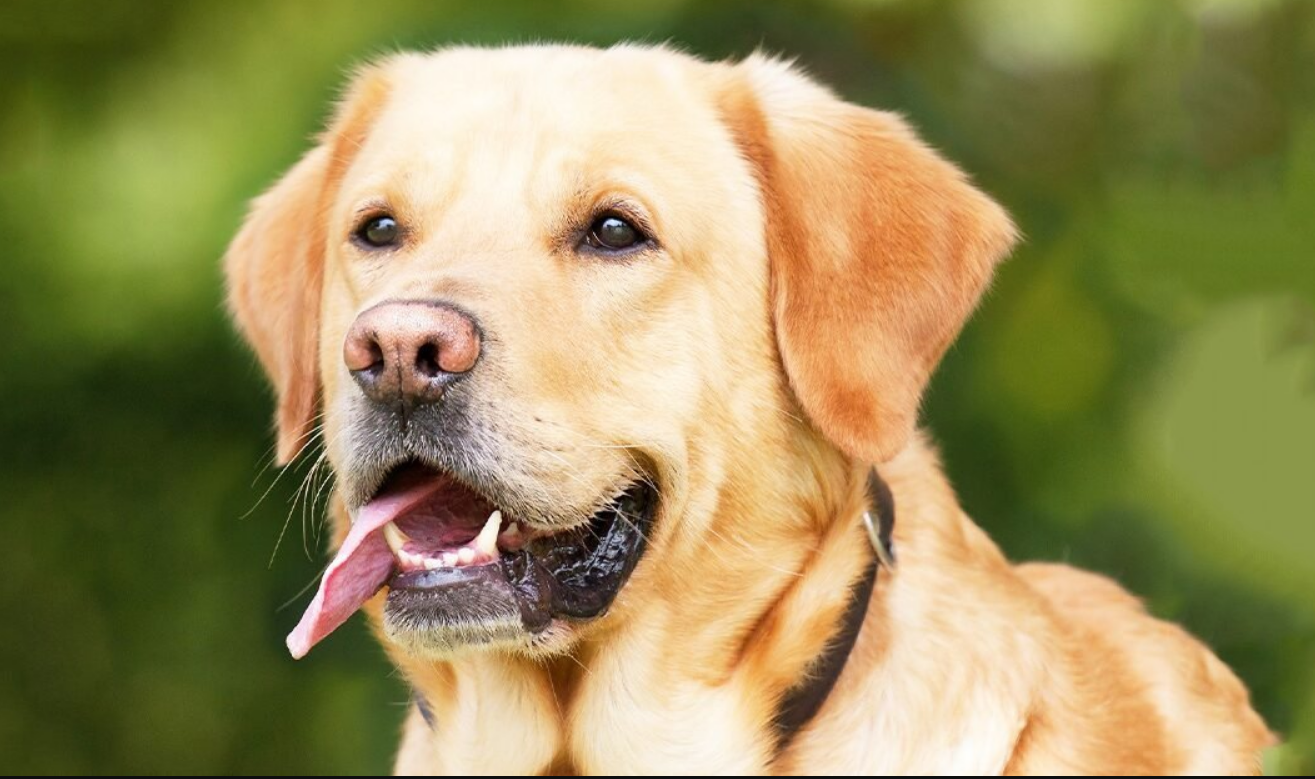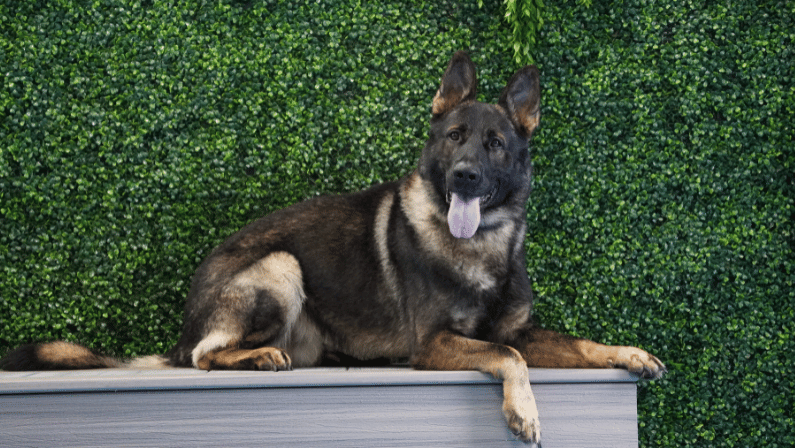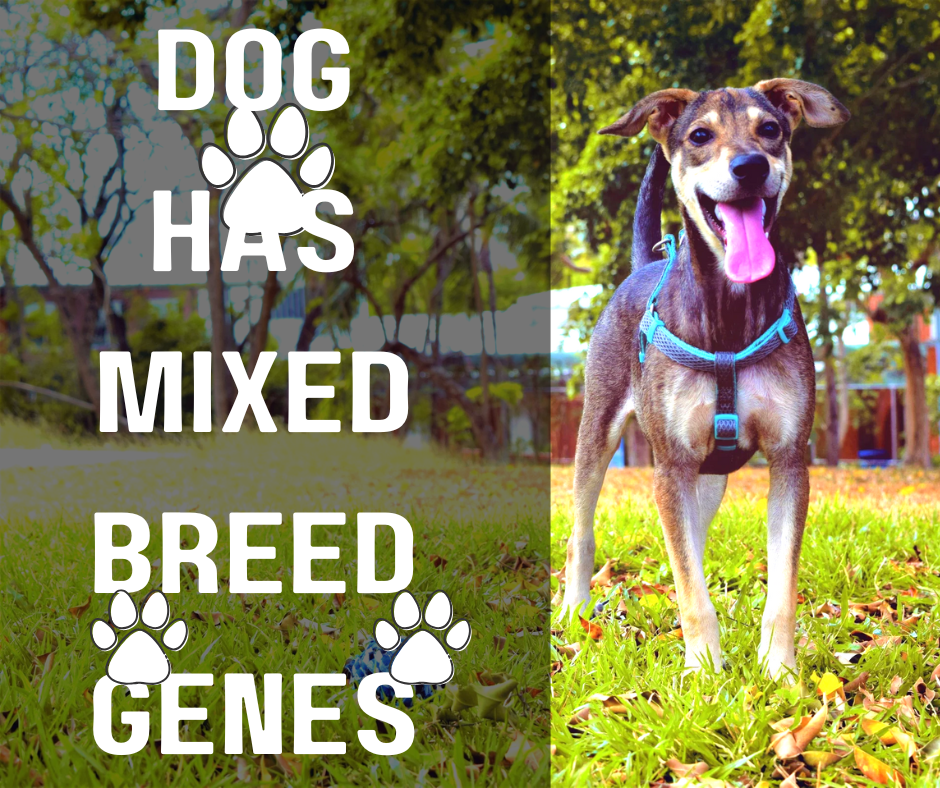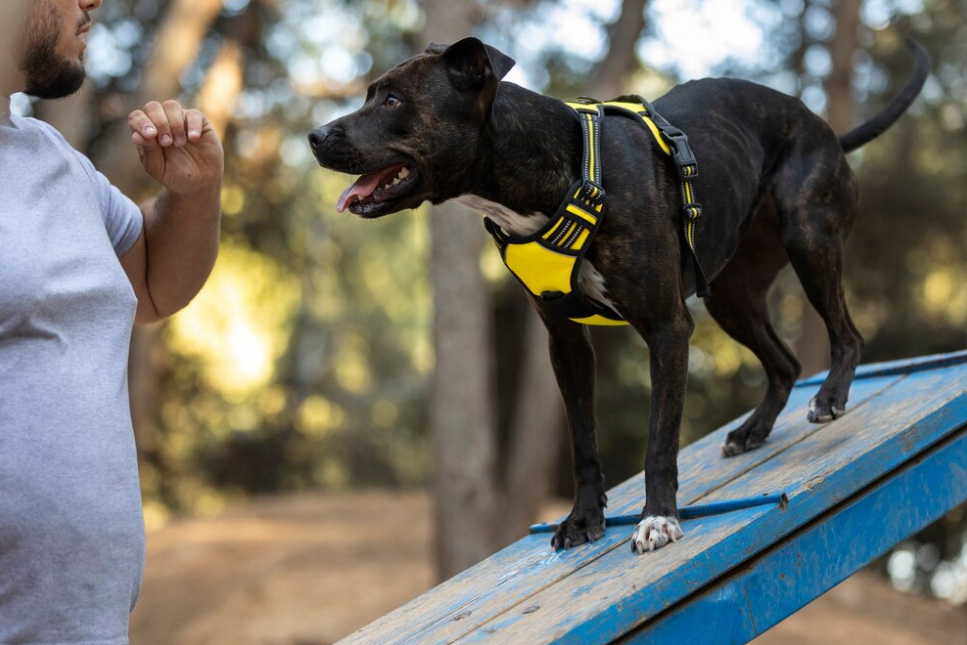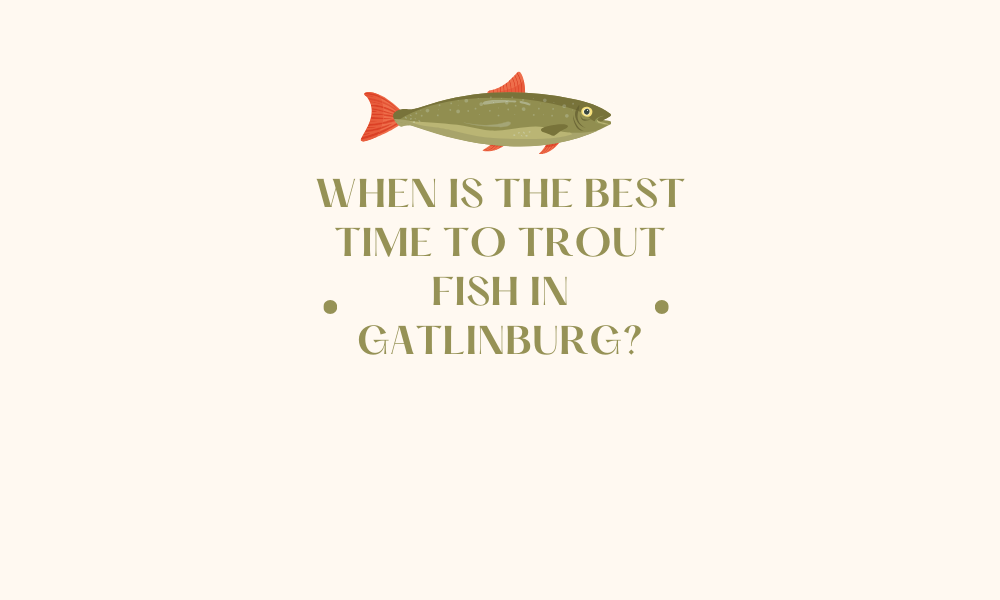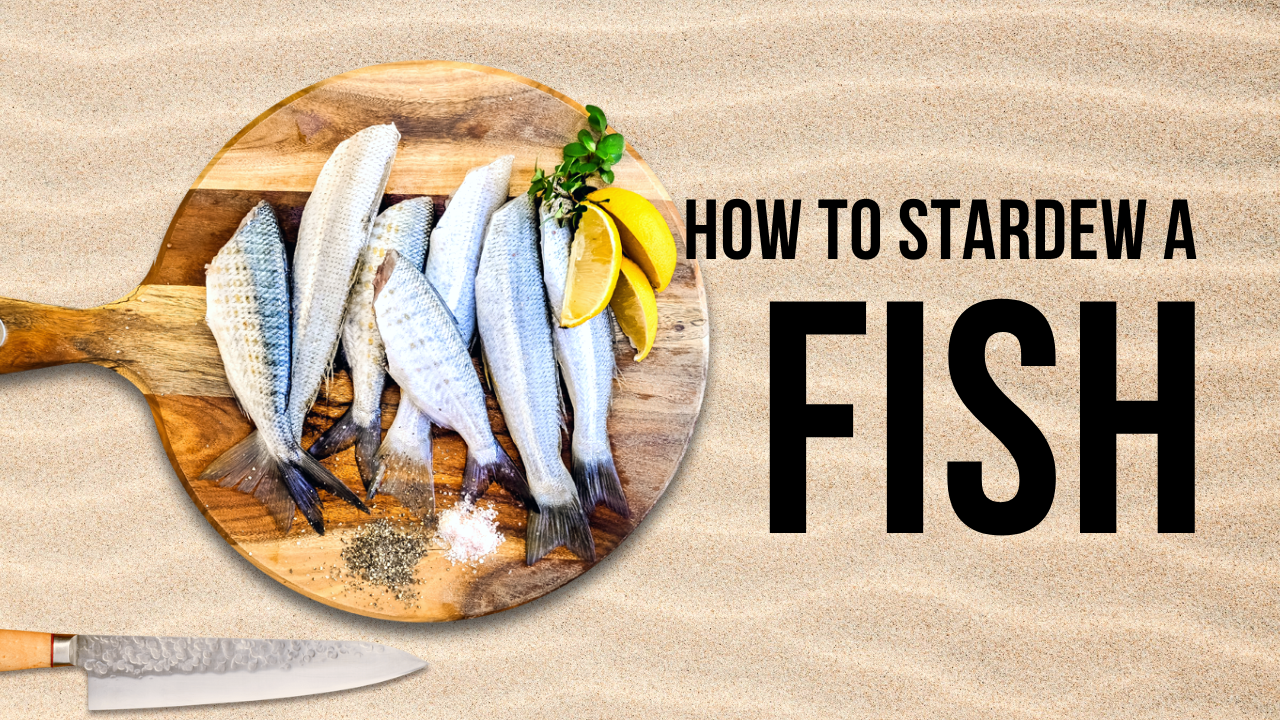Dogs have been our loyal companions for thousands of years, and one of the most relatable traits they exhibit is their seemingly boundless enthusiasm for human food. Whether it’s the sound of a rustling chip bag, the smell of dinner cooking, or the sight of their favorite human enjoying a snack, dogs often become noticeably excited when there’s human food involved. But what’s behind this behavior? Why do dogs get so excited for human food? This article explores the reasons for this behavior, delving into their biology, instincts, and relationship with humans.
1. Biological Instincts: A Canine’s Natural Appetite
Dogs are descendants of wolves, and though they’ve been domesticated for thousands of years, many of their instincts remain rooted in their wild ancestry. Wolves are opportunistic feeders, which means they eat whatever is available, whether it’s fresh prey, scavenged food, or leftover remains from another animal’s meal. This instinct to eat a variety of food sources has been passed down to modern dogs.
In the wild, food is not guaranteed, so dogs have evolved to be excited about any potential food source. When they smell or see human food, their brain’s reward system kicks in, producing a surge of dopamine, the “feel-good” hormone. The anticipation of getting food, especially something they consider high-value like human food, triggers excitement and pleasure.
2. Scent Sensitivity: The Power of a Dog’s Nose
One of the reasons dogs get so excited for human food is their incredible sense of smell. A dog’s nose is 10,000 to 100,000 times more sensitive than a human’s. This means that even the faintest aroma of a savory meal can trigger their appetite.
Human food, often rich in fats, sugars, and proteins, produces strong scents that are irresistible to dogs. They can detect layers of smells in our food that we wouldn’t even notice. For example, while we may smell a piece of pizza, a dog can likely identify each individual ingredient — the cheese, sauce, bread, and even the oils used in cooking. These powerful smells make human food incredibly appealing to them.
3. Taste Preferences: The Appeal of Human Food
Though dogs have far fewer taste buds than humans (around 1,700 compared to our 9,000), they still have a well-developed sense of taste, particularly for fats and meats. Human food, especially when compared to dog kibble, is often richer in flavor, containing fats, salts, and sugars that dogs find highly appealing.
In many cases, human food is tastier and more varied than the dry, repetitive flavor of commercial dog food. The combination of strong flavors and aromas makes human food a high-value treat in a dog’s eyes. When they get even a small sample of it, they may become conditioned to associate human food with something especially delicious and worth getting excited about.
4. Social Bonding: Dogs Watch and Learn from Us
Dogs are incredibly social animals and have evolved to form close relationships with humans. They are masters of reading human behavior and body language, which includes learning that food is a significant part of our daily routine. From an evolutionary standpoint, dogs that learned to interact with humans and take advantage of shared resources (like food) had a better chance of survival.
When dogs see their humans eating, they instinctively want to be a part of the experience. This excitement could stem from the fact that, in the wild, dogs and wolves often eat as a pack, sharing food among the group. Your dog’s eagerness to eat what you’re eating may be a reflection of this pack mentality and their desire to bond with you.
5. Positive Reinforcement: Conditioning and Treats
Dogs are quick learners, especially when it comes to food. If you’ve ever fed your dog scraps from the table or rewarded them with bits of your meal, they likely remember it and associate the sight and smell of your food with getting a treat. This positive reinforcement encourages their excitement every time food is involved.
Even if you don’t regularly feed your dog human food, they may have been conditioned through other experiences. For example, if they’ve been given human food on special occasions, like during holidays or as a reward, they will remember these experiences and show excitement at the prospect of more.
6. Human Food as a Novelty
Most dogs eat the same type of food every day, often a standard kibble or canned food diet. Human food offers variety and novelty, which can be very exciting for dogs. They don’t know when they’ll get the chance to taste something new, so they show enthusiasm whenever they see it.
In addition, many dogs may see human food as a special “treat” because they don’t have access to it regularly. The scarcity and unpredictability of when they might receive a morsel of human food can drive their excitement even further.
7. Emotional Connection: Sharing Food Builds Trust
Sharing food can be a bonding experience, and dogs seem to understand this. When we offer them a piece of our meal, it strengthens the bond between human and dog, and they are likely to view this as a gesture of love and trust. As pack animals, dogs are hardwired to form close relationships through sharing resources, and food is one of the most powerful resources of all.
In some cases, the excitement around human food may not be just about the food itself but the experience of receiving something special from their human. This emotional connection is another reason dogs get so excited when they see us eating.
8. Potential Health Considerations
While it’s natural for dogs to be excited about human food, it’s essential for pet owners to remember that not all human food is safe for dogs. Certain foods, like chocolate, onions, grapes, and xylitol (found in sugar-free products), are toxic to dogs and can cause serious health issues.
Additionally, feeding dogs too much rich or fatty human food can lead to obesity, digestive problems, and pancreatitis. It’s important to balance their diet and ensure that treats are given in moderation.
Conclusion: A Mix of Instinct, Emotion, and Conditioning
Dogs’ excitement for human food is a result of their biological instincts, powerful senses, learned behaviors, and emotional connection with us. While it’s tempting to share our meals with our furry friends, it’s crucial to be mindful of what we offer them to ensure their health and well-being. Understanding why dogs get so excited about human food helps us better manage their behavior and provides insight into the deep bond we share with them.

